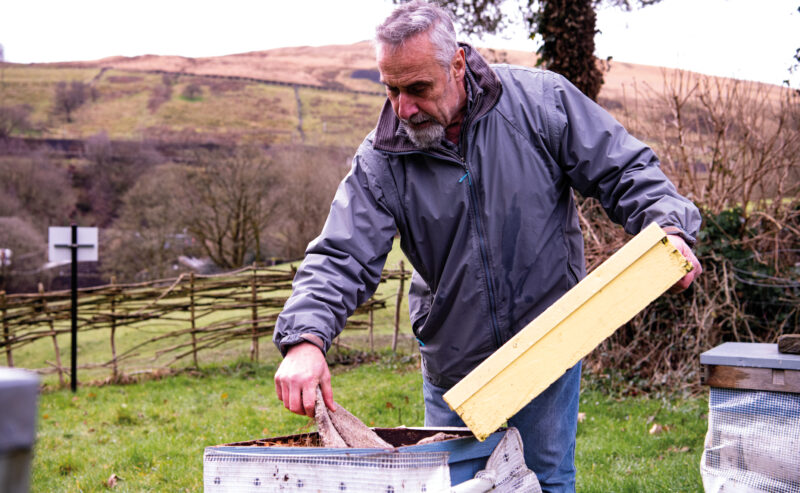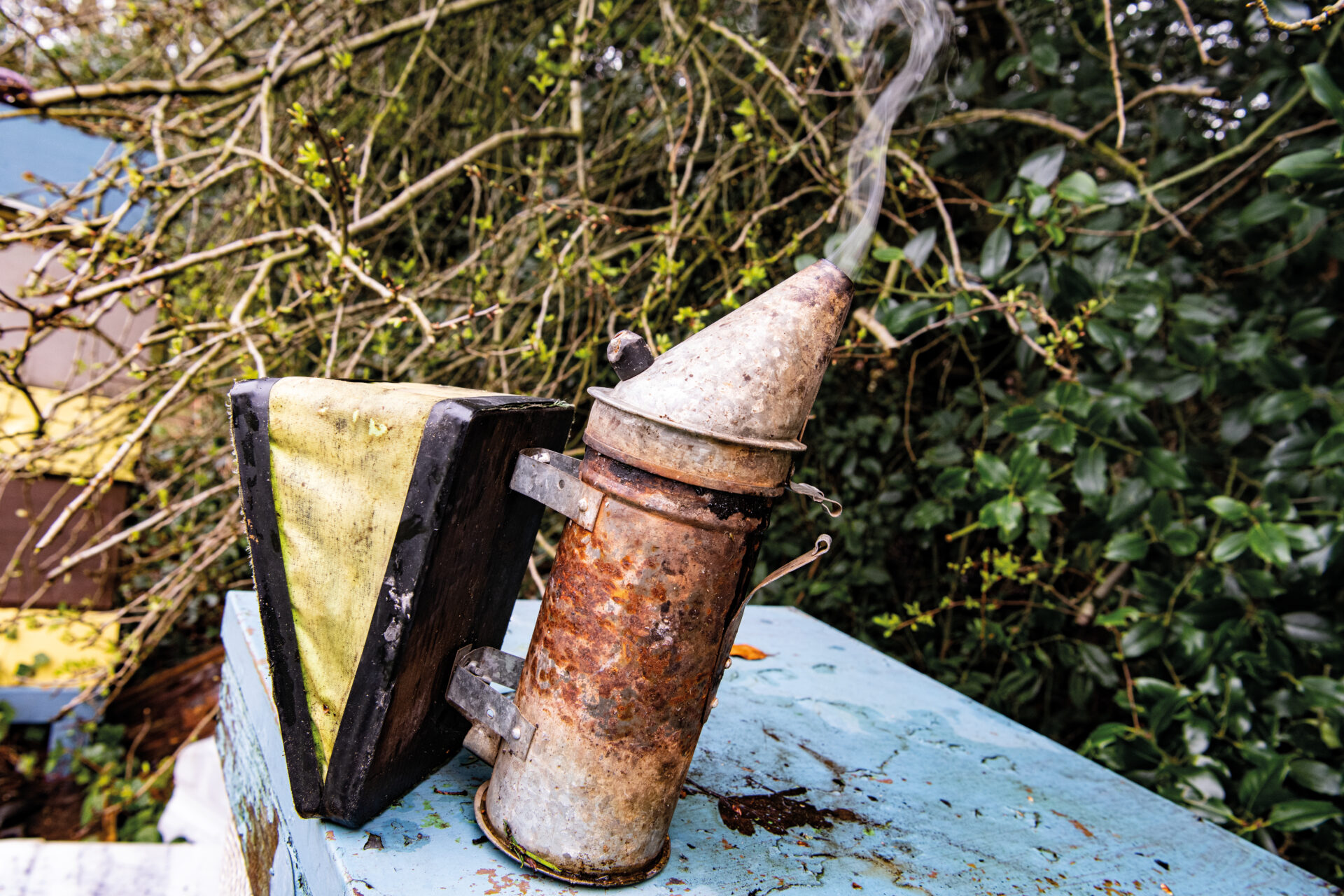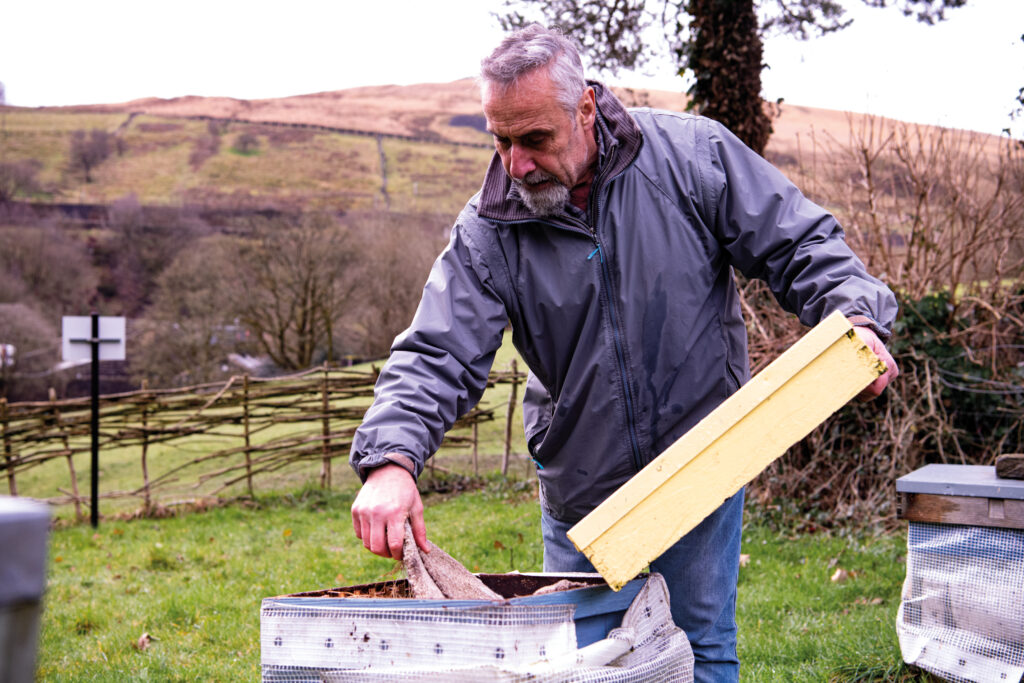But all that changed in 2012 as the Syrian civil war gathered momentum. His family received death threats, and his car was bombed. “I was being followed — I knew that, but I didn’t know who by. It was a dirty war, and they were killing successful people, targeting their families. First I sent my children and my wife out of the country, and then I followed them.”
He was six years short of claiming his pension, but he left that behind with everything else — his home, his university career, his business, and his beehives.
And he has a story of his own that is every bit as moving as The Beekeeper of Aleppo.
In real life — unlike the book — his journey to England was simple enough. He flew to Heathrow on a scheduled flight, with a visa, to join his wife and children. Finding a job and a way to support his family was a different matter.
He spent nearly two years improving his English and getting to know how things were done in England. “In Damascus, I had my academic work, and I was well known as a beekeeper,” he says. “When I began to look for work on Facebook and social media, a lot of people contacted me, but they all said they were sorry, but they had no job for someone with my qualifications and skills. They were looking for labourers, they said. They told me I was overqualified.”






